I never call your name,
But you are in me
Like the song in the nightingale’s throat
Even when it’s not singing.
A poet splendidly introduced by the Cuban poet friend from St Paul Shrine. She attended a conference on the poet in Brooklyn, speaking inspiringly of her experience. Her admiration with her fellow country woman extends to enchantment regarding communist persecution in Havana due to the poet’s commitment to her Catholic faith. A collection of the poet’s, ‘Absolute Solitude’ has been ordered.
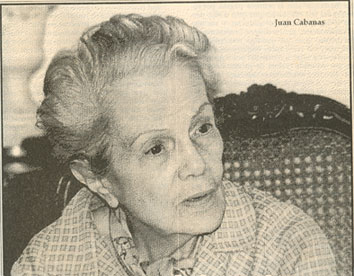
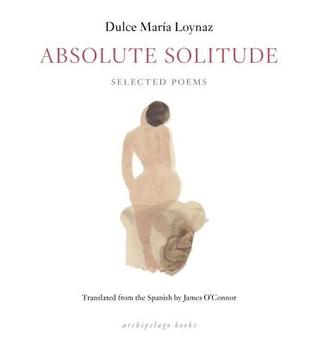
This woman is phenomenal. The book can be purchased on Amazon, including a Kindle edition.
Body and soul, I always had my way.
My soul was rebellious. Like a lion tamer in a circus I had to confront it whip in hand. In the end I made it jump through rings of fire.
My body was more submissive. The truth is, it was weary of my soul’s constant coming and going.
It wanted nothing more to do with it. I didn’t manage to free it, but at peace with my soul and a little bit in debt, perhaps, to my body, I gathered up into the two of them, not unlike a shepherdess, a few fragments of Martha and a few of Mary.
Fragments, nothing more. But enough to tell them, when they come and ask me, I have served God.


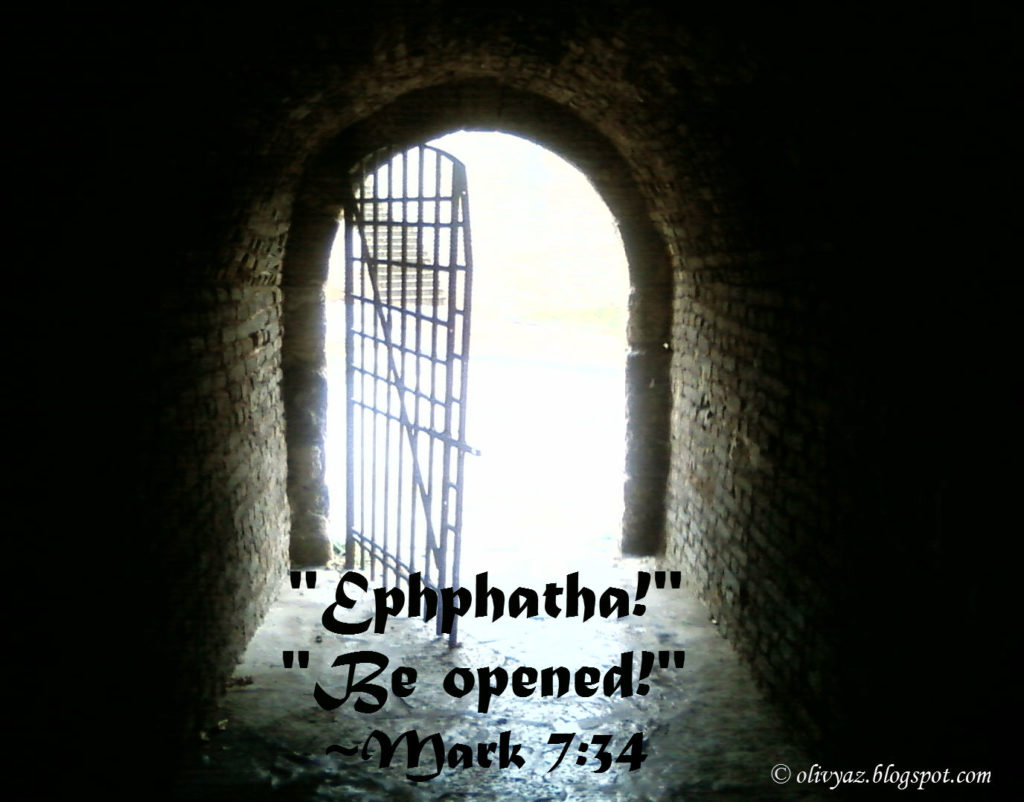
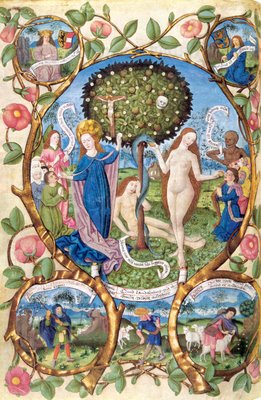
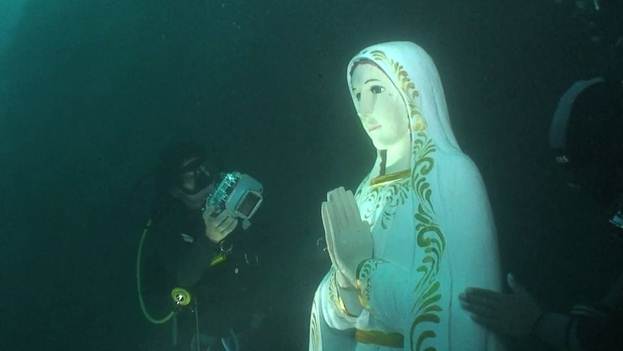
Recent Comments